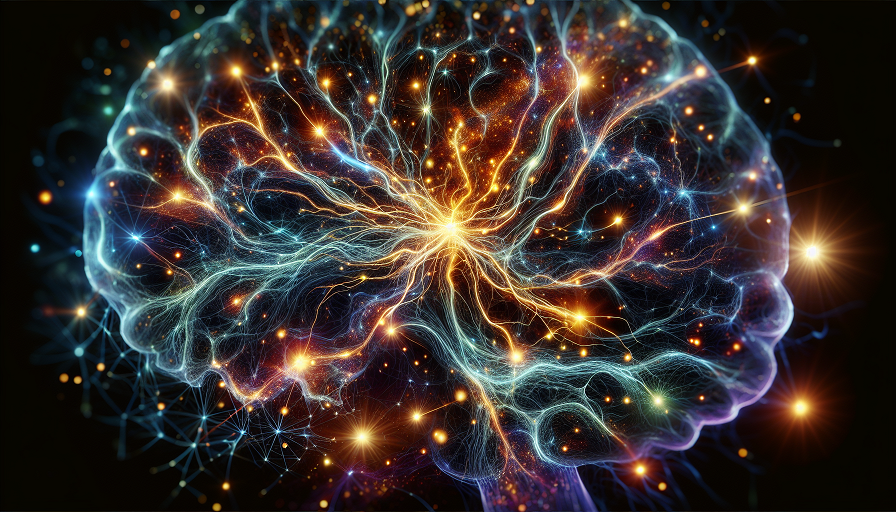
Brain games aren’t just a way to pass the time; they’re like a workout for your mind. Whether it’s solving a crossword, tackling a sudoku puzzle, or diving into an app designed to challenge your memory, these activities can have lasting benefits for your brain. By keeping your neurons active and adaptable, brain games can support memory, problem-solving, and cognitive flexibility.
How Puzzle Solving Stimulates Neural Connections
Your brain thrives on challenges, and puzzle solving delivers them in spades. When you engage in brain games, you’re forcing your neurons to communicate more efficiently, creating and strengthening synaptic connections. Think of it like building a stronger Wi-Fi network in your mind—every time you solve a problem, you’re upgrading the signal.
Different types of brain games target specific areas of cognitive function:
- Crossword Puzzles: Boost verbal memory and expand vocabulary.
- Sudoku: Strengthen logical reasoning and pattern recognition.
- Memory Games: Enhance short-term recall and focus.
- Strategy Games: Foster problem-solving and decision-making skills.
The act of puzzle solving engages multiple brain regions at once, which helps maintain neural plasticity—the brain’s ability to adapt and grow throughout life. For example, when you tackle a crossword puzzle, your prefrontal cortex (in charge of decision-making) works alongside your hippocampus (responsible for memory) to retrieve and apply information.
Brain games can also improve working memory, the mental workspace where you juggle information. Whether you’re holding numbers in your mind for sudoku or recalling trivia during a quiz, this constant practice enhances your brain’s ability to store and retrieve data quickly.
Research on Long-Term Improvements in Cognitive Flexibility
Cognitive flexibility—the ability to adapt your thinking and switch between tasks—is a key skill for problem-solving and creativity. Regular brain games may help sharpen this skill, and research backs it up.
A study published in Frontiers in Aging Neuroscience examined older adults who participated in a 12-week brain training program. Participants who played memory and problem-solving games showed significant improvements in cognitive flexibility compared to a control group. The researchers highlighted how regular mental challenges helped strengthen neural pathways, making participants more adept at adapting to new information.
Another study in Journal of Cognitive Enhancement focused on younger adults who used a brain training app for six weeks. Participants demonstrated enhanced working memory and faster reaction times during cognitive tests, suggesting that brain games can benefit individuals across age groups.
Brain games may also offer protective benefits against age-related cognitive decline. A long-term study in The Lancet followed adults over a decade, comparing those who regularly engaged in mental activities like puzzles and strategy games to those who didn’t. The puzzle players experienced a slower rate of cognitive decline and were better at handling complex problem-solving tasks.
To integrate brain games into your routine, try these tips:
- Start Small: Dedicate 10–15 minutes a day to puzzles or memory games.
- Mix It Up: Rotate between different types of games to target multiple cognitive skills.
- Go Digital or Analog: Whether it’s a classic crossword or an app like Lumosity, find what works for you.
- Challenge Yourself: Gradually increase the difficulty level to keep your brain engaged.
- Pair with Physical Activity: Combine brain games with exercise, like solving puzzles during a walk, for even greater cognitive benefits.
Brain games aren’t just entertainment—they’re a practical way to keep your mind sharp and resilient. By stimulating neural connections and improving cognitive flexibility, they help ensure that your brain stays in top shape for years to come. Whether you’re solving puzzles over your morning coffee or unwinding with a strategy game at night, these small challenges can make a big difference.

